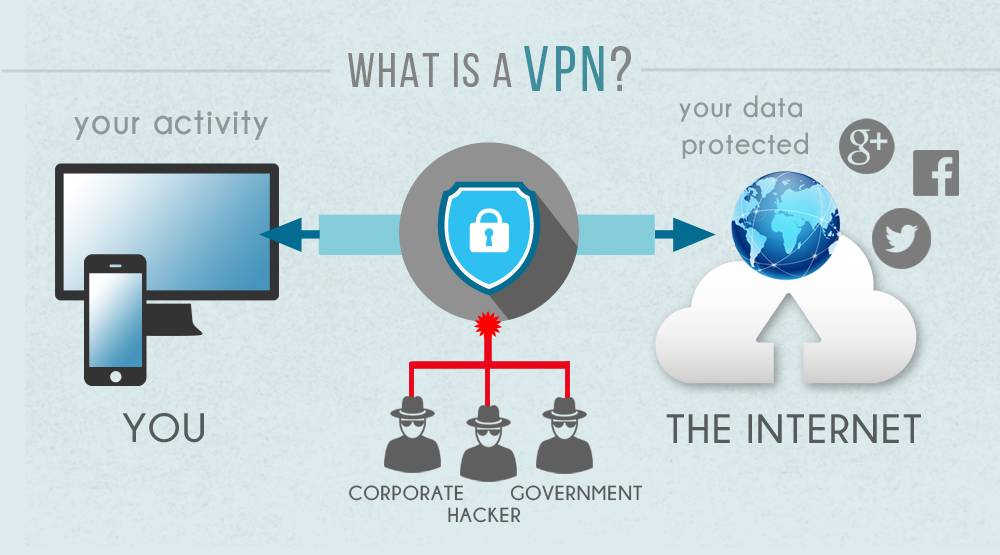
What Is A Virtual Private Network (VPN) And How It Works
What is a virtual private network (VPN) and how does it work?
Virtual Private Networks (VPNs) are all the rage in Nigeria right now, following the government's decision to ban Twitter. The rise in popularity of VPNs has raised questions about their operation.
Therefore, let us discuss how VPNs work.
On the internet, various computers communicate with one another via Internet Protocol (IP) addresses. Consider sending a package between two or more physical addresses. When we use our IP address to access the internet, various websites learn specific information about us, such as our location, device type, browser type, and operating system.
What is the purpose of a VPN?
Our IP addresses are changed and our online activities are concealed when we use VPNs.
The images above demonstrate how my location changed from Nigeria to the Dominican Republic following the activation of my VPN.
Consider this: The internet is similar to a highway that connects cities across multiple countries. These highways are primarily public roads that are heavily traveled. If you drive on a public road, anyone can follow you and determine where you go, how long you stay, and when you return. They may even be able to spy on you inside your car and gather additional information about you.
A VPN provides you with your own private tunnel/road. No one can see what you're doing or where you're going in a tunnel.
How can a VPN benefit you?
No surveillance: As previously stated, your internet service provider (ISP) is likely to monitor your internet traffic and log your browsing history. With a VPN, data about your online activities is scrambled in an encrypted tunnel, rendering it unreadable to third parties, including your ISP.
Gain access to any website: Occasionally, websites or services that you wish to access may become inaccessible from your location. VPN enables remote access to these websites or services. If a website is not accessible to devices located in Nigeria, VPNs can change your device's location to a country that does.
Protection: While free public Wi-Fi can help you forget about your life's problems, it can also serve as the catalyst for a new set of issues. Hackers on the same network can easily access public Wi-Fi and read your personal data. A VPN encrypts your entire internet connection, ensuring the security of all your communications, even over public Wi-Fi.
What is the difference between a VPN app, a VPN plugin, and a VPN browser?
Are you unsure which one to use? VPN browsers or browser plugins protect only the traffic passing through your web browser. However, keep in mind that the remainder of your device's network traffic is still exposed to internet service providers and potential hackers. A VPN application encrypts and safeguards all network traffic generated by your device.
Is it safe to use a VPN to conduct online banking transactions?
Yes– but make certain you use a reputable VPN service. VPNs aid in the protection of your privacy when conducting online banking transactions. However, keep in mind that a VPN is a tunnel that encrypts your data. It cannot safeguard you against viruses or ensure that you will not be hacked. Remember to use a strong password and to follow basic online safety precautions.
What additional information should I have about VPNs?
VPNs do have some drawbacks. They do have their share of practical disadvantages. Internet speed may be reduced as a result of VPNs having to reroute and encrypt data sent and received between your device and a website.
Additionally, some websites and services view VPN traffic as suspicious and will not allow you to connect. When a device is seen in multiple locations within a short period of time — in New York, Lagos, and Tokyo within an hour — it raises suspicions. This could become a serious issue, especially if your bank is blocking you.
Courses and Certification
Computer Security Course and Certificate
Internet/Cyber Security Course and Certificate
Information Security and Cyber Law Course and Certificate

